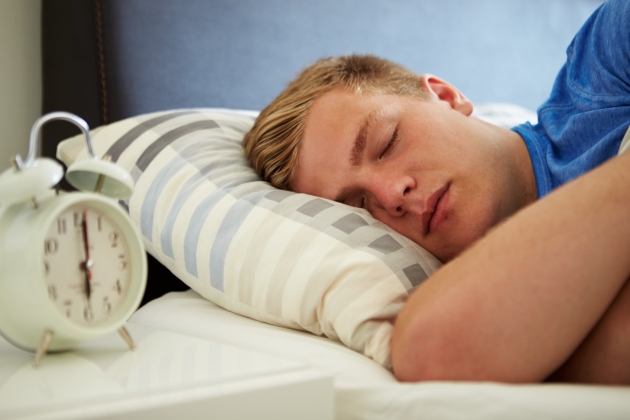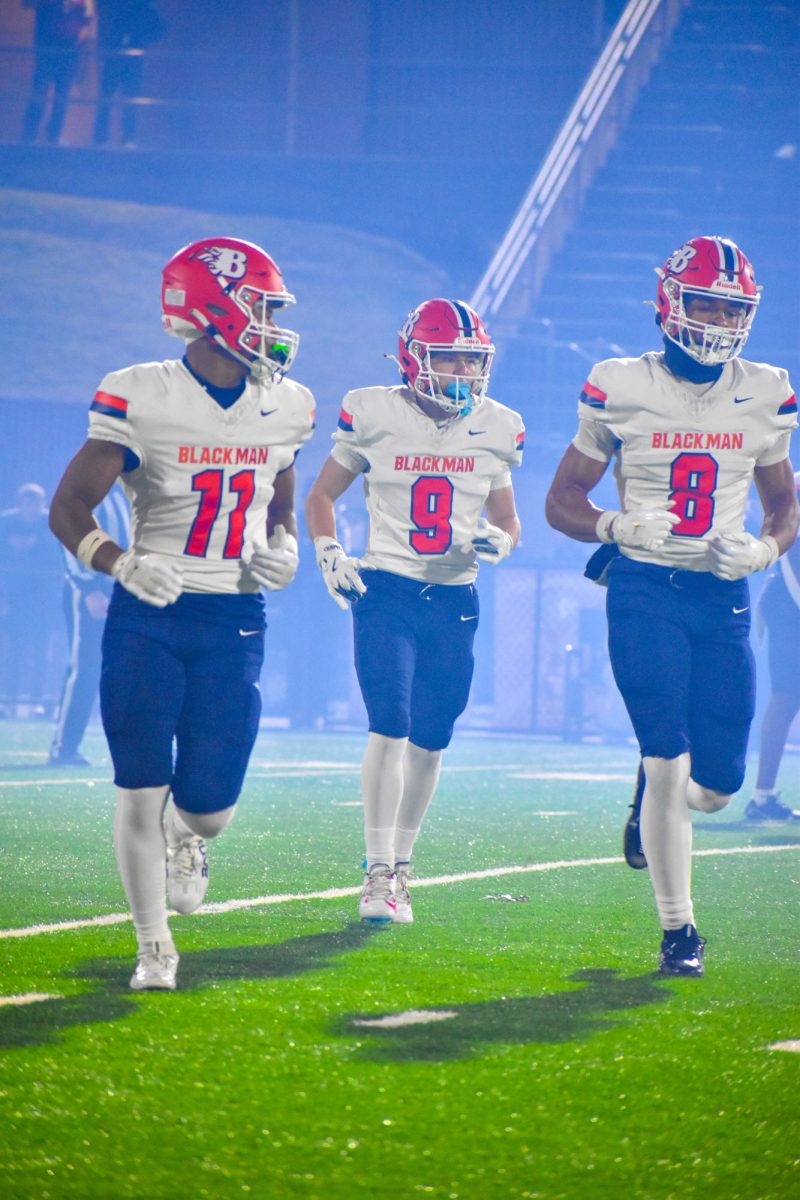For many parents, attempting to convince their teenage child to go to bed at a reasonable time is an exhausting task. And trying to wake them up for school? Impossible. But why do teenagers want to party all night and sleep all day? Adults may see this as an act of typical teenage rebellion and try various solutions to solve the issue. However, the truth is that this is a natural part of puberty and growing up.
The human body has a form of “internal clock” called a circadian rhythm. These are the natural processes that occur over a 24-hour cycle. Your body’s natural urge to eat in the morning, at noon and in the evening is an example of one of these processes. Included in this circadian rhythm is your sleep cycle, which determines when you begin to feel tired and when you naturally wake up.
As you age, your circadian rhythm shifts and changes. The time of day the body naturally rises and winds down varies between babies, teenagers and adults. Young adolescents are sleepy around 7:00 p.m. and wake up close to 5:00 a.m. Adults become tired at about 10:00 p.m. and rise at 6:00 a.m. Teens, however, usually stay active as late as midnight and wake up around 10:00 p.m. In fact, 9:00 p.m. is when many teenagers reach peak wakefulness. This pattern has been observed in teenagers across the globe regardless of upbringing. Asking a teenager to go to bed at 10:00 p.m. is like asking an adult to go to bed at 7:00 p.m. Likewise, a teen waking up at 7:00 p.m. is the equivalent of an adult waking up at 4:00 p.m.
“It’s hard for me to get up early for school even on a good night’s rest,” said Allen Green, a senior.
Knowing this, it’s easy to see why teenagers struggle to get up in time for school. Parents may think that their child is making a conscious decision to sleep in, and if they just went to bed earlier, they wouldn’t be so tired in the morning. However, the truth is that no matter how early teens go to bed, they’ll most likely just lie awake in bed until their body naturally falls asleep much later.
Studies show later start times in schools increase attendance, lower behavioral problems and decrease alcohol and substance abuse. Longer sleep directly correlates to better grades and academic performance. Additionally, one of the biggest causes of death in teens is traffic accidents, which is linked to a lack of sleep. Later school start times allow students to get the necessary amount of REM sleep needed to be alert when driving.
According to The American Academy of Pediatrics, the ideal high school start time is 8:30 a.m. While Blackman High School does start at that time, roughly ten percent of High Schools in America start at 7:30 a.m. Researchers have concluded that later start times allow students to be alert and more prepared to learn. A prolonged lack of sleep can lead to symptoms of depression, poor school performance and decreased desire to engage with classmates. Sleep plays a vital role in adolescent development; by starting school later, teenagers and able to get the necessary amount of sleep needed for a successful academic career.















